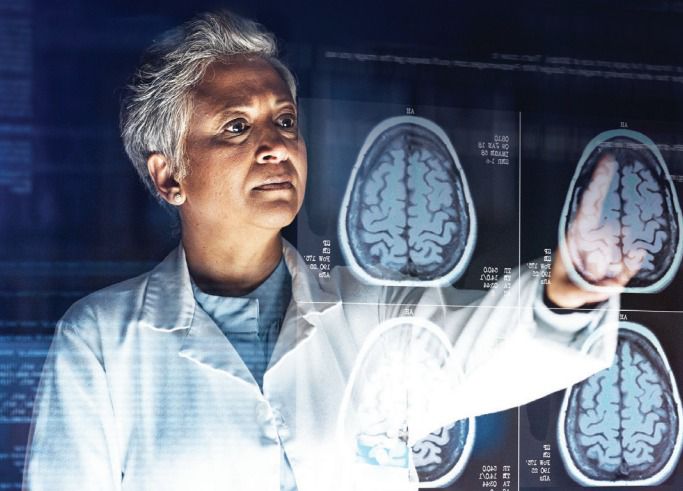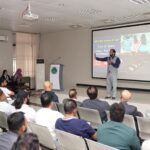**AI Holds Great Promise for Global Health, But Responsible Regulation Is Essential, Says WHO**
Artificial intelligence (AI) technologies, including chatbots and smart health tools, offer enormous potential to transform healthcare and help advance worldwide health objectives. However, the World Health Organization (WHO) warns that without proper safeguards, AI systems could pose risks such as providing inaccurate or biased information and undermining privacy and data rights.
The WHO emphasizes that responsible development and management of AI is especially critical in resource-limited settings, where the risks of misuse or unintended harm may be greater. For AI to benefit all people equally, systems must be designed to be safe, transparent, and ethical, with robust rules and oversight to guide their use and protect sensitive data.
To address these challenges, the WHO is actively advising governments around the world on regulating and implementing AI technologies in healthcare. Their goal is to ensure access to the benefits of AI regardless of geography, while minimizing the risks of errors or misuse.
As AI continues to advance in speed and capability, health authorities and consumers alike are urged to remain vigilant. This includes questioning the accuracy of AI-generated information, verifying sources, and relying on trusted platforms and companies that adhere to high standards of responsibility.
Through strong regulation, collaboration with responsible businesses, and global cooperation, the WHO believes AI can become a transformative force for good—saving lives and improving health outcomes across the world.
Further information on the use of AI in health is available at: https://bit.ly/44xeBJq











